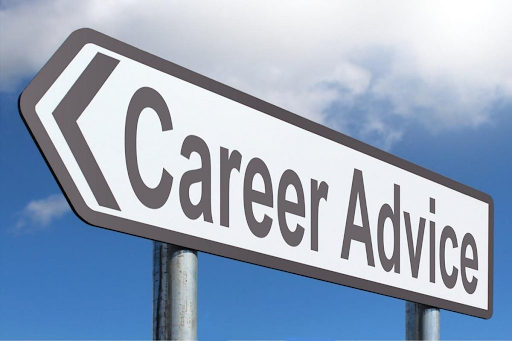In today’s fast-paced world, career decisions can no longer wait until the final year of college. The earlier students begin thinking about their career paths, the more time they have to build the right skills, network effectively, and avoid costly detours. Career planning is not about knowing exactly what you want to do for the next 40 years—it’s about making informed, flexible decisions based on your values, strengths, and evolving opportunities.
Many students fall into the trap of assuming they’ll figure things out later. Unfortunately, without direction or guidance, they often graduate unsure of what to pursue and end up taking jobs that don’t align with their potential. Early career advice provides a foundation that helps avoid this common dilemma and offers a roadmap for personal and professional success.
Understanding Yourself Is the First Step
Know Your Strengths and Interests
The most effective career advice begins with self-awareness. Students should take time to assess their strengths, interests, and core values. Tools like personality assessments, aptitude tests, and reflective journaling can be incredibly helpful. These resources allow students to identify patterns and gain clarity about the types of roles or industries where they’re likely to thrive.
Set Realistic but Ambitious Goals
Once students understand their abilities and interests, setting goals becomes more meaningful. These goals can include academic achievements, internships, or developing soft skills like communication and leadership. Clear goals provide motivation and serve as milestones for measuring progress throughout high school and college.
Explore Different Career Paths Early
Take Advantage of Internships and Volunteering
One of the most valuable pieces of advice for students is to gain real-world experience. Internships, part-time jobs, and volunteering opportunities allow students to explore different roles and industries. These experiences offer a glimpse into daily job responsibilities and help determine what they like—or don’t like—about certain professions.
Talk to Professionals in the Field
Networking isn’t just for graduates or job seekers. Students should actively seek conversations with professionals in fields they’re curious about. They can even seek tutor services if needed. These informational interviews can provide insights no textbook or classroom ever will. Understanding the realities of a job, including its challenges and rewards, helps refine career interests and expectations.
Developing Skills That Matter
Build Transferable Skills
No matter the career, certain skills are universally valuable. These include time management, teamwork, problem-solving, and adaptability. Developing these competencies early prepares students for any work environment and increases their chances of standing out to future employers.
Learn Digital Literacy and Communication
In an increasingly digital economy, students must be comfortable with technology. This doesn’t just mean knowing how to use social media—it includes understanding how to research effectively, analyze data, create digital presentations, and collaborate using online tools. Strong written and verbal communication is also key to success in nearly every career.
Make Use of Career Services and Resources
Utilize School and University Career Centers
Many students underutilize the career centers available to them. These departments often offer resume writing workshops, mock interviews, job fairs, and access to exclusive internship opportunities. Regular visits to a career advisor can keep students on track and informed about upcoming deadlines or events relevant to their career plans.
Leverage Online Platforms
Websites like LinkedIn, Coursera, and even YouTube provide valuable career-related content and networking opportunities. Students should maintain a professional online presence and explore online learning platforms to develop new skills or gain certifications that complement their academic work.
Don’t Be Afraid to Pivot
Careers Aren’t Always Linear
It’s important for students to understand that career paths rarely follow a straight line. Interests can change, industries evolve, and unexpected opportunities may arise. Flexibility is key. What matters is not sticking rigidly to a plan, but having the tools and mindset to adapt while still moving forward.
Learn from Setbacks
Not getting an internship, failing a course, or changing majors are all normal parts of the journey. These setbacks can be powerful learning moments. Students who view challenges as chances to grow are often the most resilient and successful in the long run.
Conclusion
The most effective careers advice isn’t about choosing a job title in high school—it’s about helping students build a strong foundation for future decisions. By developing self-awareness, exploring various career paths, building essential skills, and staying open to change, students can make informed choices that lead to meaningful and satisfying work. Starting this journey early ensures they enter adulthood with confidence, purpose, and a clear direction. A proactive approach to career planning is one of the smartest investments any student can make in their future.

